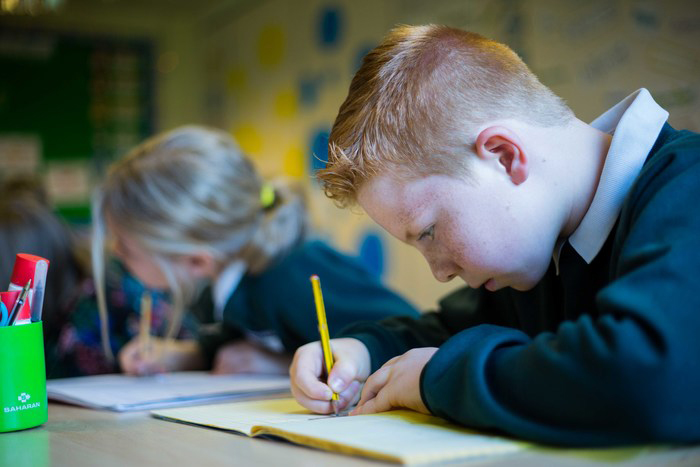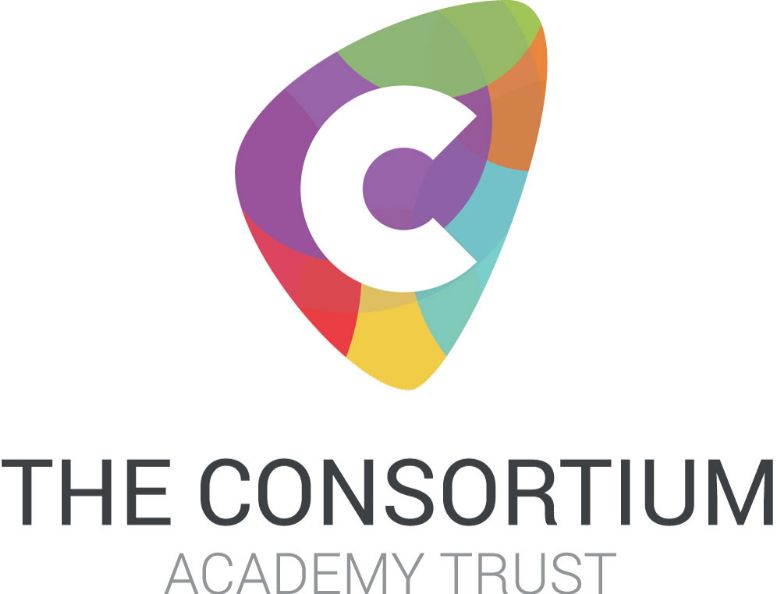Subjects
Reading
Key Stage 1
In Year 1 and 2 we follow the Read Write Inc scheme which provides a structured and systematic approach to teaching phonics, designed to create fluent readers and confident speakers and the programme includes a variety of fiction and non-fiction books to develop the children's reading age.
In our daily phonics sessions children are grouped according to their reading progress and re-assessed every half term. They learn sounds and practise reading every day at exactly the right level. The programme allows engaging partner work, role-play and drama so every child participates in the whole lesson.
From the Spring term, in Year 2, the children move onto Whole Class Reading. This ensures they are exposed to a wider variety of texts such as poetry and children’s classic novels and begin to focus more on Key Stage 1 National Curriculum objectives such as the author's choice of language, retrieval, inference, summary and prediction.
In addition, we read to the children daily to nurture their love of reading.
Key Stage 2
We pledge to read to the children for 10 minutes every day (separate to our reading lessons). This is to ensure children have the opportunity to study a text in its entirety from start to finish and build the skill of following a text through, while fostering a love of reading.
In our reading lessons, we use the philosophy of Whole Class Reading. For two days we will study the class novel and focus on key skills: the author’s choice of language, prediction and summary. In order to guarantee that the children are exposed to a range of texts, for the other three days we study texts which are linked through a theme; these texts could be anything ranging from picture books, non-fiction and poetry. Within these lessons, we teach and model how to answer questions regarding inference and retrieval.
Every child has access to Reading Plus which aims to accelerate reading fluency. Children access this scheme via the Internet and have their own personal login and password.
Ways you can support your children at home
- Play: ‘What do we have in here?’ Put some toys or objects in a bag and pull one out at a time. Emphasise the first sound of the name of the toy or object by repeating it, for example, ‘c c c c – car’, ‘b b b b – box’, ‘ch ch ch ch – chip’.
- Say: ‘A tall tin of tomatoes!’ ‘Tommy, the ticklish teddy!’ ‘A lovely little lemon!’ This is called alliteration. Use names, for example, ‘Gurpreet gets the giggles’, ‘Milo makes music’, ‘Naheema’s nose’.
- Teach them ‘Peter Piper picked a peck of pickled peppers’
- What?
- When?
- Who?
- Why?
- Where?
- Play games with them on the ‘Reading Eggs’ programme - it’s lots of fun!
Reading for Purpose
We place reading at the centre of our curriculum and recognise that being able to read well is a key life skill for children. We believe that every child can learn to read with the right teaching, support and encouragement.
Just like any other area of the curriculum we build time for all children to read independently, read aloud and be read to during the school day.
From the Spring term, in Year 2, the children move onto Whole Class Reading. This ensures they are exposed to a wider variety of texts such as poetry and children’s classic novels while focusing more on the Key Stage 1 National Curriculum objectives such as the author's choice of language, retrieval, inference and prediction.
From Year 3, we use a Whole Class Reading scheme which ensures the children are exposed to a wide range of texts pitched at age-related expectations. For two days the children will study the class novel and focus on key skills such as the author’s choice of language, prediction and summary.
In order to guarantee that the children are reading for breadth and balance, for the other three days, they will study texts which are linked through a theme; these texts could be anything ranging from ‘Inspirational Women’ to ‘Songs from Musicals’. Within these lessons, we teach and model how to answer questions covering a whole range of skills in line with the Key Stage 2 National Curriculum.
Read Write Inc: Fresh Start is used as an intervention to support those working below age-related expectations.
Curriculum Statement of Intent for Literacy
Reading for Pleasure
Reading for pleasure has so many benefits: it can increase empathy, improve relationships with others and improve wellbeing throughout life. It can also make people feel more connected to the wider community as it increases a person’s understanding of their own identity and gives them an insight into the world view of others.
Children who read for pleasure make significantly more progress in vocabulary, spelling and maths than those who read very little. Children with more positive attitudes towards reading are more likely to read at or above the expected level for their age. Developing positive attitudes towards reading plays a key role in children’s development, and we encourage children to read books of their choice for pleasure to encourage a positive attitude and a life-long interest in reading.
Each child will take a short test which will determine their reading age. This will then ascertain which colour book they can take home. In each colour, there are many books which your child can choose - they can select something which intrigues or interests them thus fostering a love of reading.
Our recently refurbished and restocked library hosts a wealth of genres from traditional fairy tales to modern graphic novels and twisted tales. The children choose a book that interests them to take home, based on their assessed reading age, to read at their leisure, this can then be changed as frequently as needed. Reading records helpfully track themes children may become interested in.
Throughout the year we host whole school reading experiences to strengthen children’s reading enjoyment such as themed reading days, competitions and regular cross phase reading buddy schemes to help more reluctant readers.
If you’re looking for book recommendations, please click the links below to look at some titles your child may enjoy.
Year 1 and 2 Recommended Reading
Year 3 and 4 Recommended Reading
Year 5 and 6 Recommended Reading
Reading Across the Curriculum
We believe that learning is built upon a love of reading. As such, we pledge to read to the children for 10 minutes every day (separate to our reading lessons). This is to ensure that children can enjoy a story read with expression and intonation.
Every one of our themes, which are changed half-termly, have a great book at its core. Our thematic learning often links to the stories we are reading and this allows the children to access the lessons with greater understanding and enthusiasm. Reading is often at the forefront of our afternoon lessons, whether it’s reading about.
Early Reading
In the Early Years Foundation Stage, we promote early reading in children as soon as they arrive with us in September as we believe this underpins their natural curiosity of storytelling and enjoyment of stories. Following Read Write Inc. a systematic, synthetic phonics programme, we begin to teach individual phonemes during daily phonic sessions, as well as how to segment and blend sounds in words to read them.
Our consistent approach to the teaching of our systematic phonics curriculum enables children to become confident, fluent readers and increasingly accurate spellers, which in turn, unlocks doors to the rest of the curriculum allowing children to flourish in all areas.
Children are given a reading book which carefully matches their phonic understanding for them to enjoy at home, thus allowing them to experience early reading success, gain confidence and consolidate the learning that takes place in school.
In Foundation Stage 2, Year 1 and 2, we follow the Read Write Inc scheme which provides a structured and systematic approach to teaching phonics, designed to create fluent readers and confident speakers. The programme includes a variety of fiction and non-fiction books to develop the children's reading age.
Reading and Writing Long Term Plan



